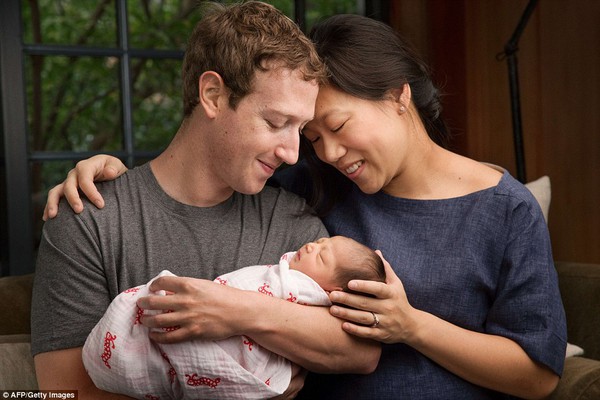- Priscilla Chan and husband Mark Zuckerberg announced plans to eradicate human disease by 2100.
- Their project plans to use 1,000 GPUs to build a massive database of healthy and diseased cells.
- One researcher’s excited by the potential, but said it’ll likely take lots of time and money to complete.
On Tuesday, Priscilla Chan and Mark Zuckerberg announced their plans to help eradicate human disease by 2100.
They aim to develop a computing system that researchers can use with AI to catalog cells and predict how they act when diseased. The data could be used to make new discoveries that completely eliminate human disease, Chan and Zuckerberg said in a statement.
“I’m always excited to see more computing power available to biologists. So I was very excited to see this news,” Anne Carpenter, who uses computing to develop pharmaceuticals at the Broad Institute of Harvard and MIT, told Insider.
She said that though this seems promising, the project is still in its early days.
‘They’re not announcing like, ‘We have created a model that does a particular thing.’ Instead, they’re saying ‘We are planning to create a resource that is going to be available for biologists to create new models,'” Carpenter said.
The Chan Zuckerberg Initiative, the couple’s LLC, told The Register that they plan to have their product running by 2024. The company also declined to tell The Register how much it’ll have to spend to make its product.
It could be a hefty bill, considering that the computer parts it wants to use are in high demand and low supply, The Register reported.
How it could work
The company said it plans to make a computer system made of 1,000 graphics processing units — electronic circuits designed for image processing. These GPUs can visually analyze both healthy and diseased cells from databases.
Then, the company said, it wanted to make the tool available to the public so that researchers could use it collaboratively to make new discoveries. This is why Carpenter is excited about their proposal.
She said labs across the US don’t have equal access to computing power for their biotechnology research.
Essentially, she said, if this proposal is accurate, it would help level the playing field for researchers who are using AI to look for new therapeutics.
How AI is revolutionizing healthcare
Since CZI was founded in 2015, it has mainly funded local San Francisco community and education projects. But Zuckerberg’s other companies have forayed into the biotech territory before.
Meta produced an AI tool in 2022 called ESMFold, which was created with similar AI processing techniques that Zuckerberg and Chan say could be used on their new database.
ESMFold is essentially a faster version of the program AlphaFold, which Forbes called “the most important achievement in AI” for solving a decades-old scientific problem about how to efficiently predict the shape of proteins using AI.
The AI was fed data about proteins and the amino acids that make them. By training the model on how known proteins are made, the computer was able to predict how other, unknown proteins were folded and shaped.
“AlphaFold has sparked a wave of innovation by showing people what’s possible,” Chris Bahl, the chief scientist at AI Proteins, previously told Insider.
The program behind AlphaFold is called a large language model, and it’s the same type of program that CZI said it hopes can be used with its new proposal.
Large language models are AI tools trained on large datasets available online. This is also the theory that powers ChatGPT.
“LLMs have done an impressive job at helping us understand protein structure, and we think they will be equally great at helping us understand more complex structures like cells,” Jeff MacGregor, vice president of communications at CZI, told Engadget.






